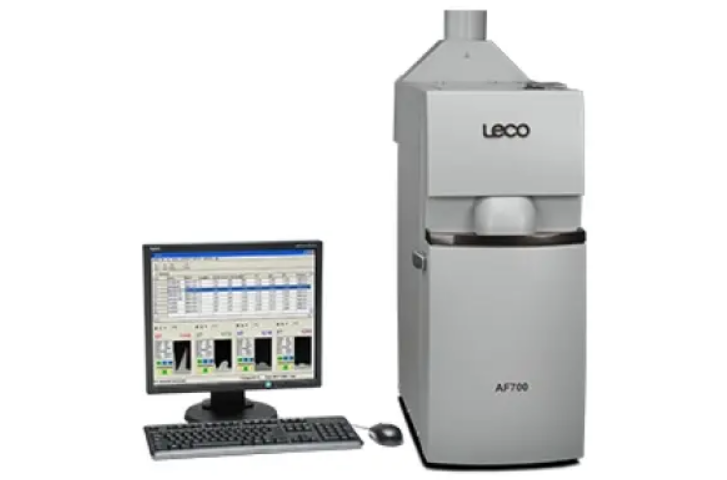AF700 Ash Fusion Determinator
Coal and Coke Ash Fusibility Determination
By automatically detecting the ash fusibility temperatures, our AF700 Ash Fusion Determinator boosts your laboratory throughput (IT, ST, HT, and FT). Improved operating controls, digital archiving capability, integrated safety features, and higher instrument robustness are all aspects of the cutting-edge AF700.

Features
- The high-temperature area is isolated by a stable, permanently placed integrated camera.
- Mirrors are continually aligned with the camera and furnace thanks to an integrated viewing system.
- To establish objective determinations and confirmations of deformation temperatures, a complete image history for all investigated samples may be digitally preserved and retrieved.
- Increased laboratory safety is provided via door interlocks and an integrated carbon monoxide detector.
- Low-temperature deformation point measuring is possible because to an LED light ring.
- Durability and long-life are provided by a high-endurance six-element heating furnace.
Theory of Operation
The AF700 from LECO is an ash fusibility determinator that analyses ash cone deformation temperatures in coal ash and coke ash automatically. Mounted on a ceramic tray, prepared ash cones are placed in a high-temperature, rampable furnace. The user chooses an analytical method with an oxidising or reducing furnace environment and a ramp rate (°C/minute) for the furnace. After the furnace temperature reaches the method-defined starting point, a digital camera gathers photographs. The software’s Image Recognition Functions (IRF) can automatically determine predefined ash fusibility temperatures (IT, ST, HT, and FT). In addition, IRF allows analysis to be automatically halted once all deformation points for all samples have been reached, enhancing throughput and furnace lifetime. All examined samples’ picture histories are digitally saved for convenient retrieval and study on DVD, CD-RW, or hard disc. Deformation temperatures can be determined subjectively using archived photos.
